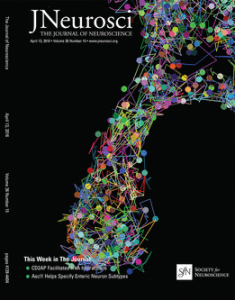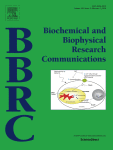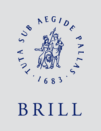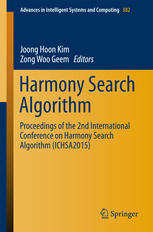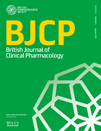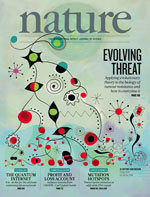 After publishing a paper about neuropathy in diabetic patients last week, The New England Journal of Medicine (NEJM) immediately corrected it after editors learned of errors and some missing disclosures within the article.
After publishing a paper about neuropathy in diabetic patients last week, The New England Journal of Medicine (NEJM) immediately corrected it after editors learned of errors and some missing disclosures within the article.
The notice explains that the sole author of the paper, “Diabetic Sensory and Motor Neuropathy,” reported incorrect doses for several medications, and received royalties for the tool to measure quality of life used in the paper. The author told us all the declarations were “discussed in detail” between him and the journal, and both parties agreed to the final decision.
Let’s take a look at the lengthy correction notice — what some of our readers might call a “mega-correction:” Continue reading NEJM quickly corrects disclosure statement, errors in diabetes paper
